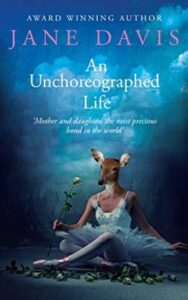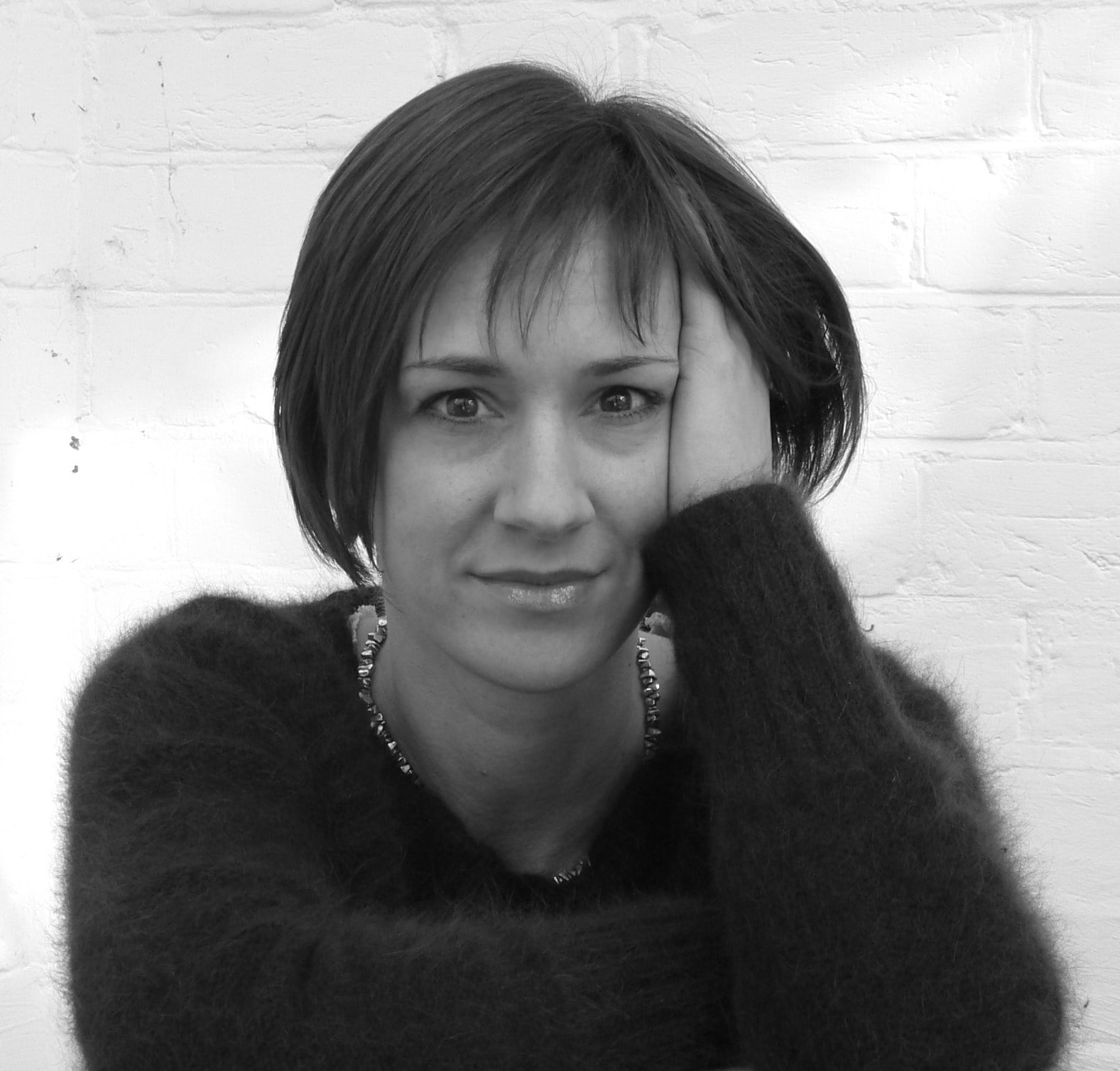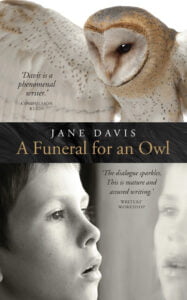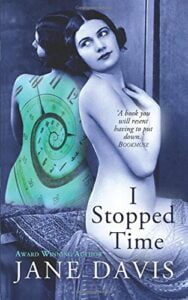Indie author Jane Davis, whose work is popular with book clubs
English indie author Jane Davis has had considerable success engaging with book clubs keen to discuss her literary fiction, and in this post she explains how to develop question lists as a service to book clubs, to encourage them to discuss your self-published books.
Questions for Book Clubs – Where Do I start?
I tend to address life’s big issues through my fiction, and so book clubs are one of my key target audiences. The process of devising a set of questions about my own work felt slightly strange at first. For me, writing a book leaves me with more questions than answers, but the worry evaporated once I reminded myself of one thing: I don’t need all the answers. The questions are simply discussion points. In fact, if your questions invite disagreement, all the better.
If you’re looking for inspiration, here are my tips, with both general and specific examples:
Don’t always try to reinvent the wheel
General open-ended questions make a good starting point.
- How did you experience the book? Were you engaged immediately, or did it take you a while to get into it?
- Which character – including the supporting cast – did you feel the most empathy towards?
- What major emotional response did the story evoke in you?
- Did the book take you outside your comfort zone?
Ask the questions you asked yourself when writing the book
You know. Those ‘what if?’ questions Stephen King refers to in his book On Writing. Even those of us who don’t plot always have them in mind.
 What question do you think the author was trying to find an answer to?
What question do you think the author was trying to find an answer to?- Aimee White came into Jim’s life at a time when her influence was strongly felt. Do you think that its impact would have been as powerful had their friendship simply petered out?
- How do you think Judy’s visions changed the dynamics of the Jones’ family?
- Can a prostitute be a good mother?
The characters
A book club meeting needs to be fun and a little harmless character assassination always has its place.
- Did you like the characters and, if not, was that important?
- Were there any characters you loved to hate?
- Who were you gunning for and why?
- Why did the characters do what they did? Were their actions justified?
- Did they remind you of people you know?
- Did the main characters change by the end of the book? If so, how?
Take it one step further. Challenge your character’s opinions
I allow my characters to say things I would never get away with. They deserve to be brought to task.
 To what extent do you agree with Elaine’s statement to Judy, ‘We’re all in it together?’
To what extent do you agree with Elaine’s statement to Judy, ‘We’re all in it together?’- According to Peter, the truth is that we reinvent ourselves with the stories we tell and re-tell. How far was this true in his case?
- How far do you agree with Lottie’s claim that it is easier to leave than to be left behind? If she could apply this to Alfie and herself, is there in any way in which her decision to leave her husband and son could be justified?
The book’s themes
- What main themes does the novel explore? (Consider the title, often a clue to a theme.)
- Did the author use symbols to reinforce the main ideas?
- In this book, Jane re-visits the theme of missing persons. In this case, the missing person was an unborn child. How, if anything, do you think her miscarriage affected Elaine’s approach to motherhood?
- How effective do you think the author’s technique of using photography was to (a) reveal the past (b) use as a motif for personality?
The central conflict
If you have followed the rule that there should be conflict on every page of your book, you should have no shortage of inspiration here.
- What did you think the central conflict was?
- What advantage did Elaine feel being present at the scene of Judy’s accident, if only in its aftermath, give her over Graham?
- To Elaine, her daughter’s scars came to represent the price of having her back in one piece. What did they come to represent to Judy?
- Kitty raises concerns that Lottie might take after the mother she never knew. How far was this fear borne out? In what ways, if any, does Lottie repeat her mother’s mistakes?
The structure
You decided how to tell your story. But did it work for your readers?
- What do you think the use of dual narrators contributed to the story? How did it add to your understanding of the relationship between mother and daughter?
- The action in the book takes place in 1992 and 2010. How effectively do you feel this technique worked to chart the social changes that took place in the intervening years?
- Did you enjoy the time-shift aspect of the writing? What do you think the structure brought to your experience of the novel?
- Why might the author have chosen to tell the story the way he or she did—and what difference did it make in the way you read or understand it?
The book’s setting
For the writer, a location is always more than a location. But what did it say to the reader?
 Lottie’s story shifts between Brighton and London. In what ways does her environment affect her?
Lottie’s story shifts between Brighton and London. In what ways does her environment affect her?- With the railway bridge being both a physical and a symbolic barrier, how did you feel about the author’s choice to base much of the action in the railway cuttings?
- Many of the novel’s pivotal scenes are set in Pelican (St James’s) Park. How did you feel about the choice of location? What do you think the park represented?
Social issues
The second bottle of wine is uncorked and things have warmed up.
- What impact does Judy’s fear of imperfection as an only child have on her behaviour?
- Attitudes to child-care have changed dramatically since the beginning of the twentieth century. What advantages/disadvantages did Lottie’s comparative freedom give her over children today?
- At a time when the laws about prostitution look likely to change (2014), did this book make you think differently about any of the issues? Had prostitution been legal, how would this have affected the outcome? How would it have affected the way you feel about Alison?
Moral dilemmas
Have your characters been behaving badly? (I hope so.) Here’s where opinions really start to fly.
- Kingdom justifies lying to his son by saying, ‘People deserve the lies they’re told.’ Do you agree/disagree?
- Ayisha’s initial stance is that the rules she and Jim break aren’t rules you can simply take or leave. Is there ever a case for rule-breaking, or should Ayisha and Jim be punished?
- Do you feel that Father Patrick’s concern that he might be culpable for encouraging Judy when she was clearly vulnerable might be valid?
- Jean commented that there wasn’t much in Mr White’s attitude that encouraged honesty, only to find that Jim had been lying to her. How did Jim’s feeling that it was his duty to protect his mother affect his relationship with her?
Grab your yellow highlighter – We’re looking for those killer lines
You know the ones.
- “
 You act like it’s bad, Sir. But I can’t tell if it’s good or it’s bad. It’s just my life.” How did you feel about that comment when you read it? How do your feelings change to know that it was taken from real footage of a fifteen-year old, abandoned by both parents and living alone in a council flat?
You act like it’s bad, Sir. But I can’t tell if it’s good or it’s bad. It’s just my life.” How did you feel about that comment when you read it? How do your feelings change to know that it was taken from real footage of a fifteen-year old, abandoned by both parents and living alone in a council flat? - ‘A story is almost certainly a lie.’ In what ways does Lottie compensate for her fear of the lies hiding behind words?
- ‘The hole someone leaves behind is greater than the space they occupy in life.’ Discuss.
- Which character do you think best fits the description of ‘the rope in an unending tug of war?’
But don’t forget to ask the reader:
Did any passages strike you as insightful or profound? Perhaps a bit of funny or poignant dialogue that encapsulates a character?
Wrap it up
You may not like neat endings, but book club members will want to conclude their meeting with something tidy – and quite possibly a vote.
- What did the title come to mean to you by the end of the novel?
- Were you satisfied with the book’s ending? What do you think the future holds for Alison and Belinda?
- Did the novel leave any questions open-ended that you would have liked to have known the answer to?
- Sir James draws his own conclusions, but how did you feel about Lottie’s decision to be buried next to Phoebe Hessel?
- What do you think Aimee White’s longest-lasting legacy was?
- Had you read reviews before reading the book? If so, did you agree with the reviewers or not?
- If you had to halve the size of your book collection, would this book stay or go?
- If you could ask the author a question, what would it be?
Stake your claim
 If you really want to appeal to book clubs, show them:
If you really want to appeal to book clubs, show them:
- Make your website book-club friendly by including a dedicated page for book clubs.
- Publish content that appeals. I curate an author interview series called Virtual Book Club.
- Provide downloadable book club questions for each novel.
- If you can’t attend books clubs in person, offer to ‘visit’ clubs by Skype.
OVER TO YOU If you have any other tips to share about engaging with book clubs, we'd love to hear them!
#Authors - how to work effectively with #bookclubs - by @JaneDavisAuthor Share on X


 What question do you think the author was trying to find an answer to?
What question do you think the author was trying to find an answer to? To what extent do you agree with Elaine’s statement to Judy, ‘We’re all in it together?’
To what extent do you agree with Elaine’s statement to Judy, ‘We’re all in it together?’ Lottie’s story shifts between Brighton and London. In what ways does her environment affect her?
Lottie’s story shifts between Brighton and London. In what ways does her environment affect her? You act like it’s bad, Sir. But I can’t tell if it’s good or it’s bad. It’s just my life.” How did you feel about that comment when you read it? How do your feelings change to know that it was taken from real footage of a fifteen-year old, abandoned by both parents and living alone in a council flat?
You act like it’s bad, Sir. But I can’t tell if it’s good or it’s bad. It’s just my life.” How did you feel about that comment when you read it? How do your feelings change to know that it was taken from real footage of a fifteen-year old, abandoned by both parents and living alone in a council flat?


[…] a reader’s guide in your book’s back matter. Create a list of book club discussion questions that can spur interesting conversations about your self-published book. The more emotionally […]
[…] On SelfPublishingAdvice.org, Jane Davis offers an in-depth guide to crafting discussion questions for book clubs. You can also encourage group events around your book, with related recipes, playlists, projects, and activities. All of these extras could help get book clubs to come to you without the need for a direct author pitch. […]
Because my novel was written with book clubs specifically in mind (I was inspired by my own group), I duly included a list of questions in the back and so far have been lucky enough to be the guest author at more than a dozen meetings.
I have to say that not one of the groups has referred to, or even mentioned, the questions!
That being said, they have all not only been hugely fun but extremely educational for me as an author. I’ve learned a LOT about how people read, why they read, what they are looking for, what they like and don’t like, and more. It’s been doubly useful as I’m now writing the sequel to this book (The Paris Effect).
So while it’s good to provide a useful reader’s guide with your book, don’t discount the amazing benefits to you, the author. I have often been blown away by some of the comments and reactions.
Great information, thanks!
And while I hear Skype has improved, also consider Google’s “Hangout” for those with Gmail or Facetime on Apple products, such as iPads, iPhones, etc. The video and audio are really great on those applications. Thanks for all the good etails!
A most comprehensive list, Jane! Do you think literary fiction makes a better book club choice than a genre book such as a romance or thriller?
Some great suggestions for questions there, Jane. I included questions for readers/book clubs at the back of my first novels. It only took up one page but could be useful for groups as you point out, or just to add interest for an individual. In a few cases it can be a sneaky way of drawing attention to an aspect the reader might have misunderstood by reading too quickly or overlooking something; the question could possibly deepen interpretation. I just checked and my questions fall into the categories you delineated above. For example, at the end of Cold Fusion 2000:
Discussion Questions
If you’re reading this as part of a book group then here are some potential questions to consider.
1. What happens just before and after the chapter Broken Parities? How does it relate to what happens while Alex is doing press-ups at the start of the novel?
2. Why doesn’t Jane appear before or after the chapter Broken Parities?
3. What are the themes and concerns of the novel?
4. What is the significance of the novel’s name?
5. How do the chapter names relate to the events of those chapters?
6. What is the relationship between the chapters Superdense Matter and Superlight Matter?
7. How many elements of Alex’s behaviour, character and interests label him as geek? What are they?
8. Why is Alex such a disaster area at the start of the novel? Has he improved by the end? In what ways?
9. Does Alex deserve to be happy? And after the novel ends, will he be happy?
10. Do you think Natalie is making a mistake in pursuing Alex?
11. What is the significance of Hannah’s casket in the art gallery/museum?
12. If you could meet any character from the novel and ask them a question, who would you choose, and what would you ask? Why?
You will find information relating to some of these questions in the Cold Fusion 2000 FAQ: tinyurl.com/cf2kfaq
I usually write in one of the coffee shops in my town. One afternoon, I saw six women enter the cafe, all carrying the same book by Sue Monk Kidd. Once they were settled at a table, I approached them and asked if they were a book club. (Duh!). When they said yes, I explained that I had just published a book. They were excited to meet a ‘real-life’ author and we had an interesting five minute conversation about my book, how I came to write it, and, of course, my one minute elevator speech. I handed out my business card with the book’s information.
Later when they left, one of the women came over and patted me on the back. “We’ve decided to make you our November selection. We’ll buy six books from you at our next meeting.”